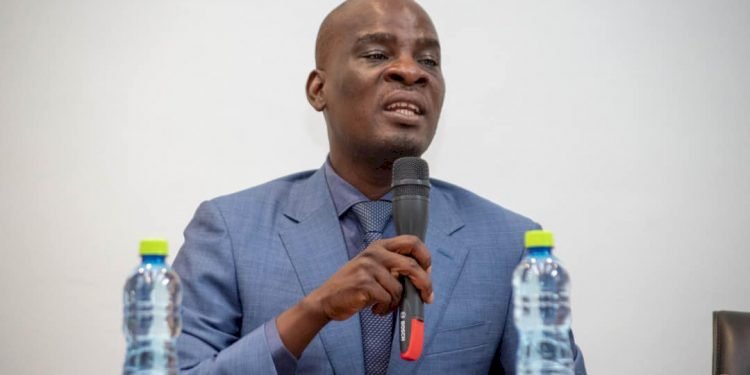Ruling On Deputy Speaker’s Right To Vote Signifies judicial Support For E-levy - Iddrisu

The Minority Leader, Haruna Iddrisu, says the Supreme Court’s ruling on whether a Deputy Speaker can vote when he is presiding or not is a travesty of justice. He contends that decision is an indication that the judiciary has failed the country’s parliamentary democracy. An act of 1st Deputy Speaker to cast a vote while presiding
degenerated into chaos. Speaking in Parliament, the Tamale South MP said, the decision signifies judicial support to the government to pass the e-levy. Judiciary of Ghana is failing parliamentary democracy in their inability to appreciate the true meaning of Article 110 of Constitution. That Parliament shall by standing orders
regulate its own procedures. When we regulate our own proceedings and reference is also made to the 1992 Constitution and not standing orders of the Parliament, especially standing order 13. This is judicial support for Nana Addo’s e-levy. The ruling backed the position of the First Deputy Speaker of Parliament, Joseph Osei
Owusu, who defended his decisive vote in the approval of the 2022 budget, although he was also presiding as Speaker. Court also struck down order 109 (3) of the Standing Orders of the Parliament, also describing it as unconstitutional. On November 30, last year, Mr. Osei-Owusu, also the Bekwai MP, presided over overturning
of an earlier vote of the House rejecting government’s 2022 Budget. The landmark judgment was given in a case also brought by a law professor, Justice Abdulai contesting the Deputy Speaker’s decision to also count himself as forming a quorum for a vote on the budget.
